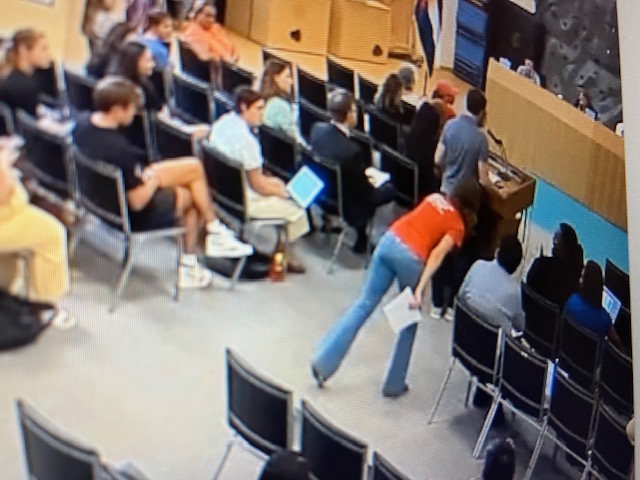In the end, supporters of innovation schools and zones did not get everything they wanted out of a new state law offering an added layer of dispute resolution when innovation zone plans are changed or status is revoked, but they’re framing it as a step forward nonetheless.
An amended Senate Bill 22-197 squeaked through the Colorado House of Representatives by a one-vote margin in the 2022 session’s final hours. Stripped out of the bill were a couple of key elements that would have given independently managed innovation zones recourse when local school boards revoked innovation status from zone schools or attempted to dissolve zones.
The original bill called for binding arbitration by an independent third-party mediator, and an appeals process to the State Board of Education, which would have had the power to reverse a local decision.
But in the eyes of key legislators and the education establishment, this would have represented a major crack in the holy grail of local control. And given the fact that the legislation currently addresses the status of just a dozen schools in three Denver Public Schools innovation zones, a statewide move away from local control ran into strong opposition.
As the new law now stands, innovation zones run by independent boards can request third-party mediation, and the mediator can make non-binding recommendations. The state board and education commissioner can also weigh in on disputes, but cannot overturn a local school board’s decision.
SB22-197 also mandates public hearings and opportunities for public comment when an innovation zone and a school board come into conflict. Proponents said that additional public processes can increase public scrutiny of school board actions, potentially having implications at the ballot box.
Bailey Holyfield, executive director of the Luminary Learning Network innovation zone of five DPS schools, said SB 22-197 fills in some gaps in the original Innovation Schools Act, which became law in 2008. Most notably, that law did not envision innovation zones with independent oversight.
“While we don’t have the opportunity for the state board to potentially overturn a local decision, what we do have is increased oversight and transparency in local decision-making and a belief in working through dispute resolution,” she said.
Alex Magaña, who leads the two-school Beacon Network innovation zone, said he agreed with Holyfield’s assessment. “At least we have a process to go through now,” Magaña said. “Before there were times where we were totally at the mercy of the local decision-makers, with no recourse at all.”
Magaña said that if during dispute hearings, a local school board still decides to overrule what he termed “the wishes of the community and families and educators that are in our building, well, that shows where those decision-makers are at.”
Having a public process means “we can speak up and not be silenced, and that’s good, even though certain people don’t agree.”
State Senator James Coleman, a Denver Democrat who cosponsored the bill, visited Kepner Beacon, one of Magaña’s schools, on Friday morning to discuss the bill and its implications, and to thank educators for their input.
“We worked with everybody” during the year the bill was being crafted and revised, Coleman said. “We talked with schools, and school leaders, and parents, and families. In the end education has become so politicized in Colorado. That’s why I’m here this morning. This is where the real work gets done. Policy has to come from the people who do the work every day.”



